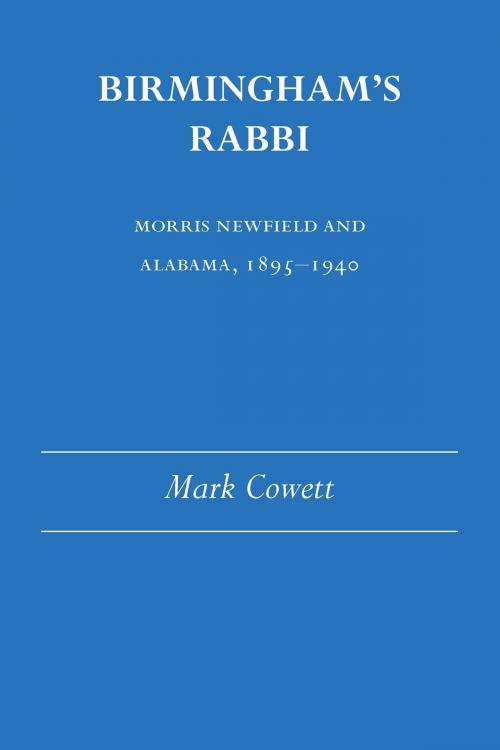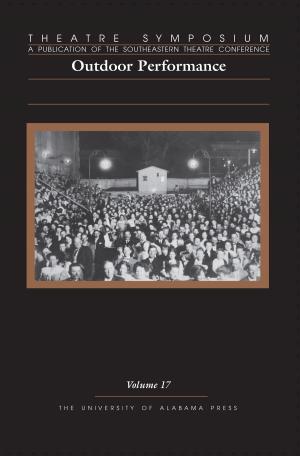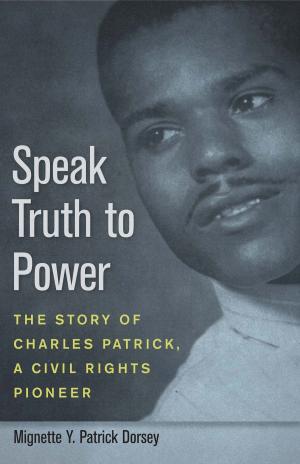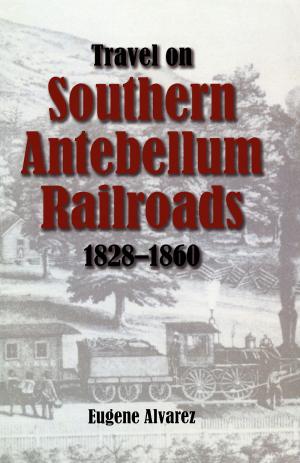Birmingham's Rabbi
Morris Newfield and Alabama, 1895-1940
Nonfiction, History, Americas, United States, State & Local, Biography & Memoir, Religious| Author: | Mark Cowett | ISBN: | 9780817382711 |
| Publisher: | University of Alabama Press | Publication: | September 15, 2009 |
| Imprint: | University Alabama Press | Language: | English |
| Author: | Mark Cowett |
| ISBN: | 9780817382711 |
| Publisher: | University of Alabama Press |
| Publication: | September 15, 2009 |
| Imprint: | University Alabama Press |
| Language: | English |
American Jewish history has been criticized for its parochial nature because it has consisted largely of chronicles of American Jewish life and has often failed to explore the relationship between Jews and other ethnic groups in America.
Rabbi Morris Newfield led Temple Emanu-El in Birmingham from 1895-1940 and was counted among the most influential religious and social leaders of that city. Cowett chronicles Newfield’s career and uses it as a vehicle to explore the nature of ethnic leadership in America. In doing so he explores the conflicts with which Newfield struggled to help Jews maintain a sense of religious identity in a predominately Southern Christian environment. Newfield’s career also portrays the struggle of social welfare efforts in Alabama during the Progressive Era. He recognized the need for Jews to develop bonds with other American ethnic groups. Cowett portrays him as a mediator between not only Jew and Christian but also black and white, labor and capital, liberal and conservative—in short, within the full spectrum of political and social exchange in an industrial-based New south city.
American Jewish history has been criticized for its parochial nature because it has consisted largely of chronicles of American Jewish life and has often failed to explore the relationship between Jews and other ethnic groups in America.
Rabbi Morris Newfield led Temple Emanu-El in Birmingham from 1895-1940 and was counted among the most influential religious and social leaders of that city. Cowett chronicles Newfield’s career and uses it as a vehicle to explore the nature of ethnic leadership in America. In doing so he explores the conflicts with which Newfield struggled to help Jews maintain a sense of religious identity in a predominately Southern Christian environment. Newfield’s career also portrays the struggle of social welfare efforts in Alabama during the Progressive Era. He recognized the need for Jews to develop bonds with other American ethnic groups. Cowett portrays him as a mediator between not only Jew and Christian but also black and white, labor and capital, liberal and conservative—in short, within the full spectrum of political and social exchange in an industrial-based New south city.















